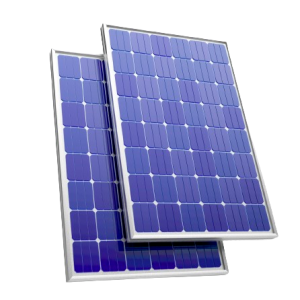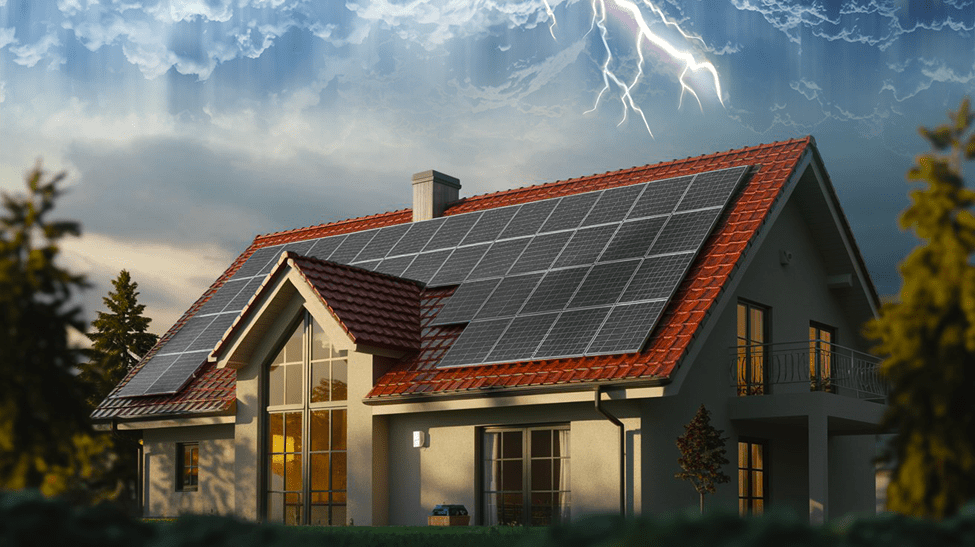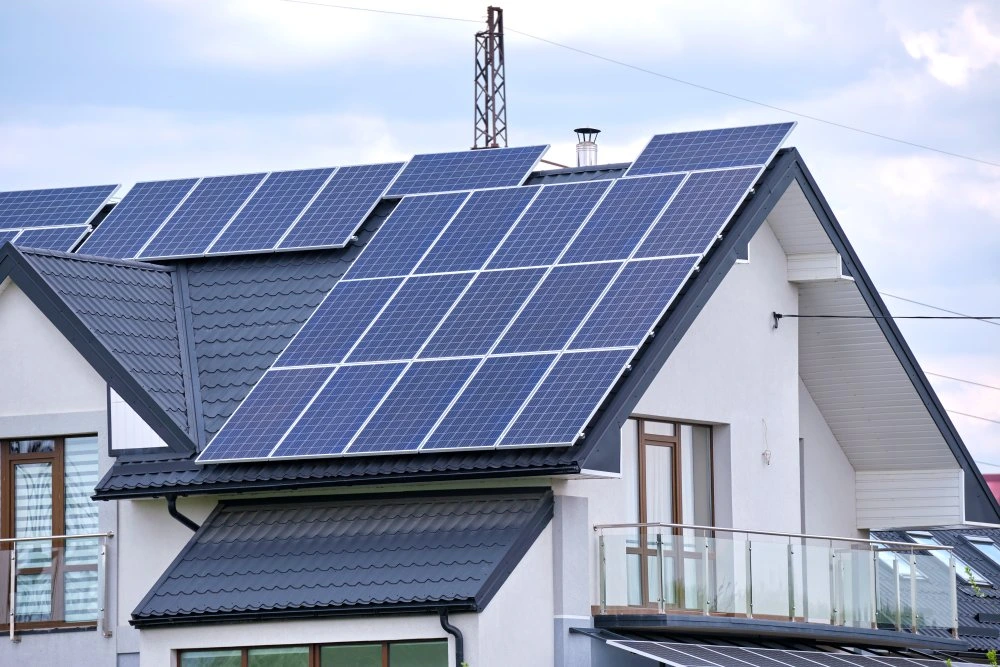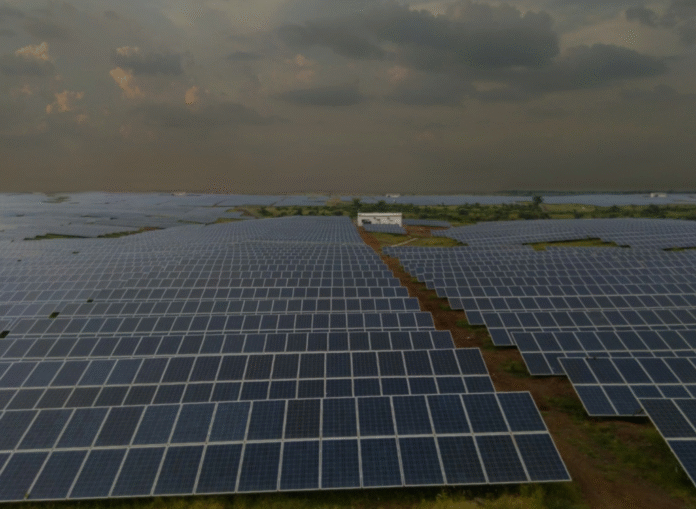Solar panels harness sunlight to produce electricity, but can they keep working when the skies are overcast? The answer may surprise you. Let’s explore how solar energy functions year-round, rain or shine.
Why Solar Energy Is a Clean, Accessible Power Source for Your Home
Solar energy is one of the most abundant and environmentally friendly energy sources available. By tapping into the sun’s free power through solar panels, we can generate clean electricity to power our homes, reduce utility bills, and contribute to a greener planet.
Debunking Common Myths About Solar Panel Performance
Many people believe solar panels only work when the sun is shining brightly. That’s a misconception. While solar panels produce the most energy in direct sunlight, they still operate during cloudy days and even at night—though their output varies.
James Fenton, director of the Florida Solar Energy Center, explains, “The panel is always working. The question is how much electricity comes out of it based on the amount of light.” He adds, “You’ll get close to zero electricity at night, but even ambient light or reflected moonlight can generate tiny amounts of power.”
Rising Adoption of Solar Energy in the U.S.
Solar is gaining momentum nationwide. According to the Solar Energy Industries Association, a remarkable 66% of new U.S. energy capacity in 2024 came from solar power. If you’re considering going solar, understanding how your panels work—especially on cloudy days and at night—is key to making an informed decision.

What Are Solar Panels and How Do They Generate Power?
Put simply, solar panels convert sunlight into electricity. The two main types are photovoltaic (PV) and concentrating solar power (CSP). While CSP is mainly used in large-scale power plants, PV panels are what you typically see on rooftops.
How Do PV Solar Panels Work?
A PV panel contains many layers of photovoltaic cells. These cells absorb photons—tiny particles of sunlight—and create an electric field across the layers, generating electricity.
A single PV cell produces just 1-2 watts—enough to power a calculator. But a typical solar panel comprises multiple cells, often generating between 250 to 400 watts. To meet the energy needs of an average American home (which consumes about 10,791 kilowatt-hours annually), most home solar systems include 20-25 panels.

Do Solar Panels Work on Cloudy Days or During Nighttime?
Performance During Cloudy Weather
Cloud cover and rain don’t stop solar panels from working—they just reduce their efficiency. While they operate best in direct sunlight, panels can still generate electricity in overcast conditions, albeit at lower levels.
Fenton notes, “Even on very cloudy or rainy days, you’ll get some electricity. On truly cloudy days, it might only be half as much as on a sunny day.”
Rain can actually help keep panels clean, as the water washes away dirt and dust—enhancing performance and longevity.
Can Solar Power Your Home at Night?
Since solar panels rely on sunlight, they won’t produce power in the dark. However, with the right setup, you can have electricity at night using a solar storage system like batteries.

How Can You Power Your Home at Night with Solar?
Using Solar Batteries
A solar battery stores excess energy generated during the day for use after sunset or during outages. While effective, batteries are a significant investment—costing anywhere from $6,000 to $16,000 or more depending on capacity and type. They’re especially valuable if you plan to live off-grid or want maximum energy independence.
Grid Connection and Net Metering
Most homeowners stay connected to their local power grid, which means you can draw electricity when your panels aren’t producing enough. You’re billed by your utility, but you may also benefit from net metering—selling excess solar energy back to the grid and earning credits on your bill.
Maximize Savings & Efficiency
Before investing in solar, consider improving your home’s energy efficiency. Using smart thermostats and energy-efficient appliances can reduce overall consumption, making your solar system more effective and affordable.
Getting Started with Solar Panels: What You Need to Know
Interested in making the switch? Here’s how to begin:
- Find a Trusted Solar Installer: Research reputable local and national solar companies. Getting multiple quotes helps you find the best price and service.
- Home Consultation: An installer will assess your roof’s condition, sunlight exposure, and energy needs to recommend the right system size and equipment.
- Take Your Time: Going solar is a significant investment. Don’t rush—compare options and ask questions before committing.
Final Tips:
Understanding how solar panels operate, especially during cloudy days and at night, will help you make smarter decisions. Whether you’re aiming for energy independence or just lowering your utility bills, knowledge is your best tool for a successful solar journey.



